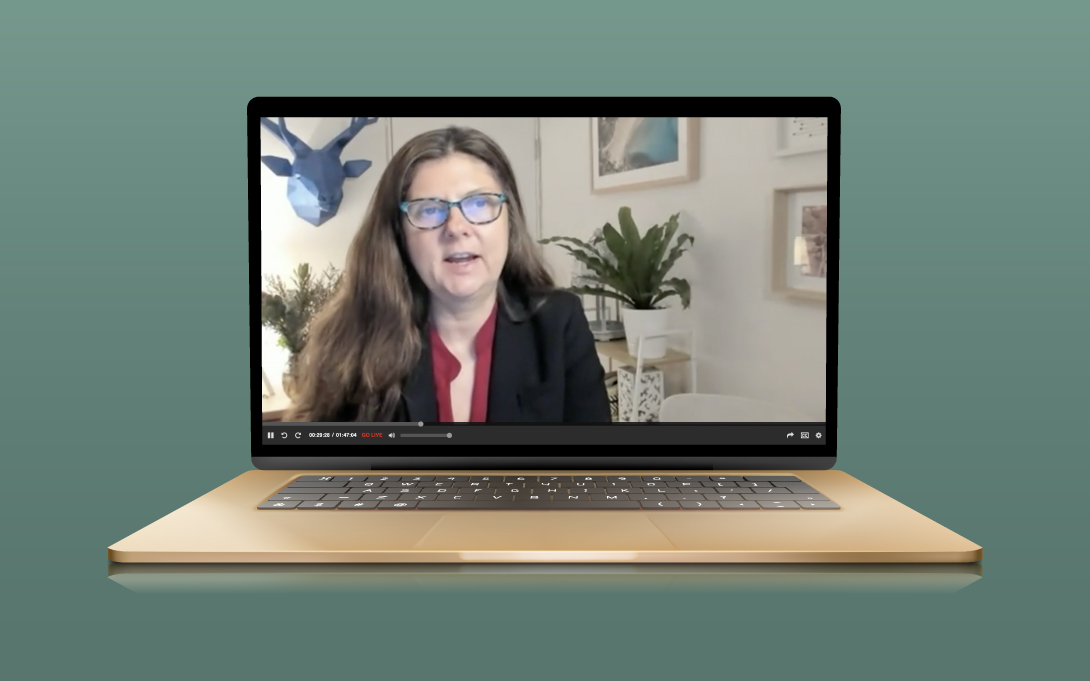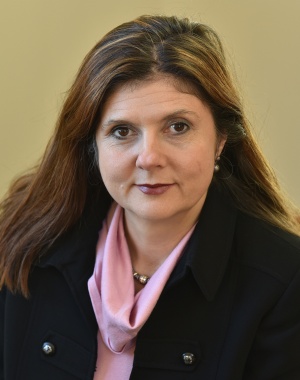
The importance of access to child care in the economic recovery was emphasized by Ford School economics professor Betsey Stevenson in testimony before the U.S. Senate Banking, Housing, and Urban Affairs on Wednesday, June 23.
"The choices you make now about child care will shape the U.S. macro economy for decades to come by influencing who returns to work, what types of jobs parents take, and what kinds of promotion paths parents are able to access. It's not just women: men's employment choices are also influenced by access to child care," she told the senators at the hearing entitled, "The role of child care in an equitable post-pandemic economy."
She referred to an ongoing study she is currently undertaking. "Child care during the COVID-19 crisis impacted 59% of parents."
The COVID-19 recession was "the first-ever service-sector-driven recession," in which 13 million women lost jobs compared to 9 million job losses for men. In the current economic recovery, she noted, women are returning to the workforce in greater numbers than men.
Before the COVID crisis, mothers of young children had the highest labor participation rate ever. To re-establish that growth, there is a need to "adapt child care, workplace flexibility, and workplace parental leave policies."
She concluded her opening statement, "Child care and education have more in common with the banking sector than you may suspect. It's the backbone of our future economy because it invests in and develops our human capital."
Stevenson made the point again in response to a question from Sen. Raphael Warnock (D-Ga). "Government subsidies for child care will allow more families to afford high quality early childhood education, which... makes children more productive as adults," she said.
You can watch the full hearing here.
